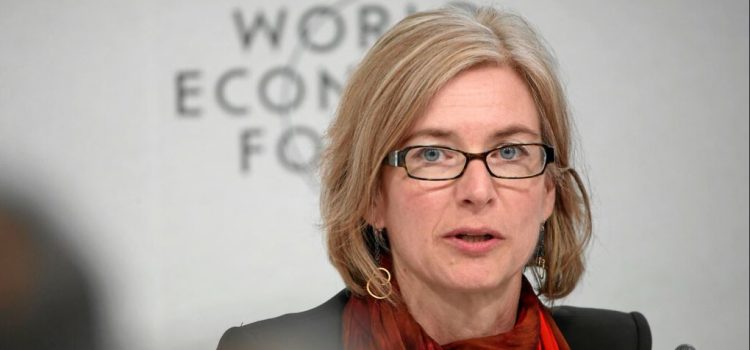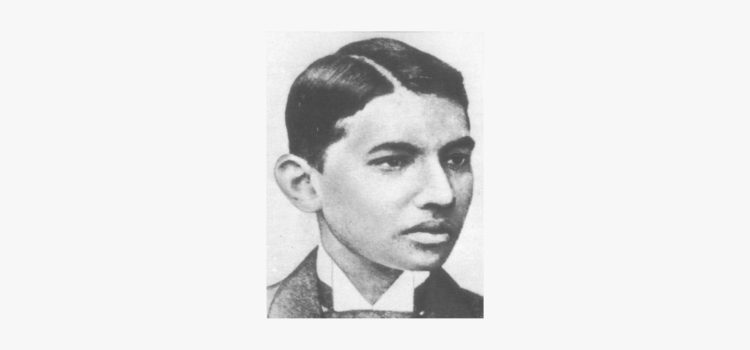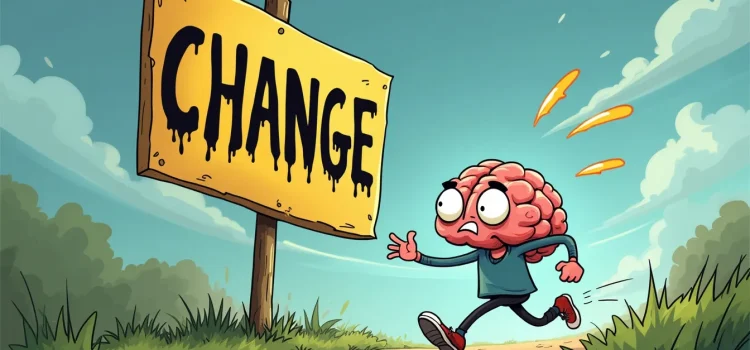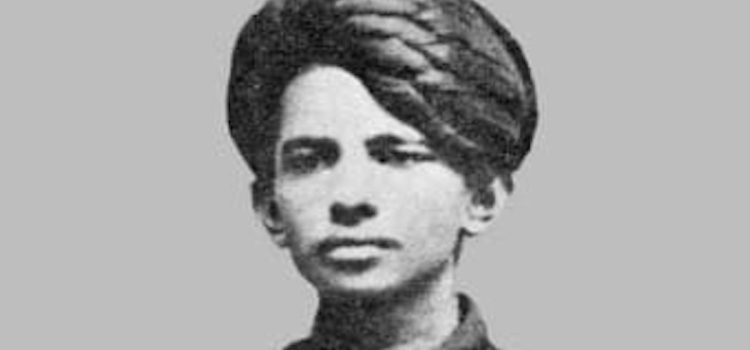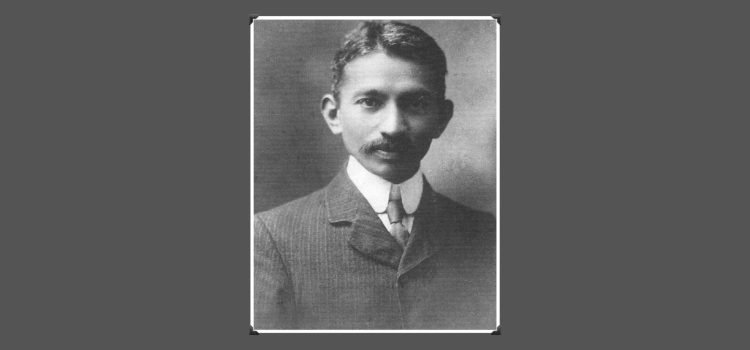How did Ron Stetson impact Viola Davis’s life? What role did the Upward Bound program play in her journey? Ron Stetson, Viola Davis’s acting instructor during her formative years, became a pivotal figure in her life. He taught her acting fundamentals and instilled a sense of self-belief. The Upward Bound program provided Davis with opportunities to explore her talents and connect with supportive mentors. Keep reading to discover how these early experiences shaped the acclaimed actress’s path to success.
Ron Stetson: Viola Davis Recalls Her Acting Mentor


